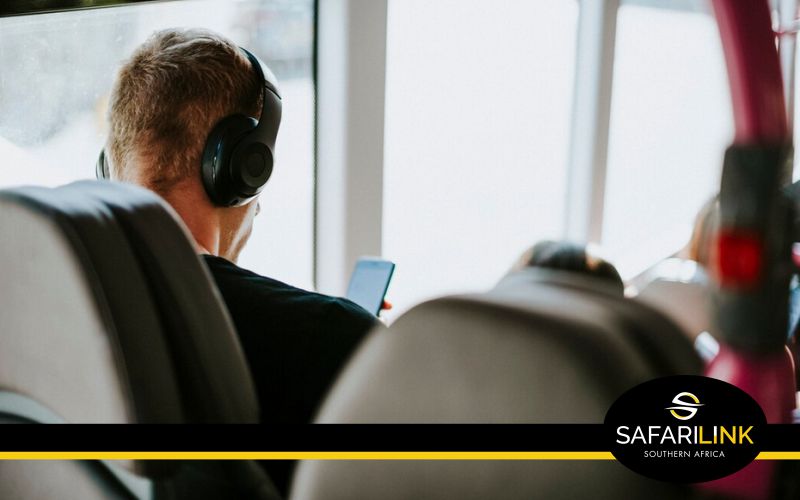
Urban mobility is undergoing a transformative phase globally, and South Africa is no exception. With growing urban populations and the increasing demand for efficient and sustainable transportation, shuttle services have emerged as a key player in revamping urban mobility.
These services are not only addressing the challenges of congestion and pollution but also providing reliable and convenient travel options for commuters. This article explores how shuttle services are reshaping urban mobility in South Africa.
Addressing Urban Congestion
One of the most pressing issues in South African cities is traffic congestion. Major urban centres like Johannesburg, Cape Town, and Durban face significant traffic jams, leading to lost productivity and increased stress for commuters.
Shuttle services are alleviating this problem by offering shared rides that reduce the number of vehicles on the road. By consolidating multiple trips into one, shuttle services help decrease traffic density, thereby easing congestion and improving overall traffic flow.
Promoting Sustainability
Environmental sustainability is a critical concern in modern urban planning. Shuttle services contribute to this by reducing the carbon footprint associated with individual car usage. Many shuttle service providers in South Africa are adopting eco-friendly practices, including the use of electric or hybrid vehicles.
This shift not only helps in cutting down emissions but also promotes the adoption of green technology in the transportation sector. Also, shared rides mean fewer cars on the road, leading to lower overall emissions.
Improving Accessibility and Convenience
Shuttle services are making urban transportation more accessible and convenient for a wide range of commuters. These services offer door-to-door pickups and drop-offs, which are particularly beneficial for individuals who do not have easy access to traditional public transport.
The use of mobile apps for booking and payment has simplified the process, making it easier for users to schedule rides according to their convenience. This level of service is especially valuable in areas where public transportation is limited or unreliable.
An Affordable Solution
For many South Africans, the cost of daily commuting can be a significant burden. Shuttle services provide a cost-effective alternative to owning and maintaining a personal vehicle.
By sharing rides, passengers can split the costs, making it a more affordable option compared to traditional taxi services or personal car ownership. This financial benefit is particularly important in a country where the economic disparity can limit access to reliable transportation for many individuals.
Supporting Local Economies
The rise of shuttle services has also had a positive impact on local economies. These services create job opportunities for drivers, maintenance staff, and administrative roles within the companies.
They also encourage the development of related industries, such as vehicle manufacturing and maintenance, technology development for booking platforms, and customer service sectors. By fostering employment and economic growth, shuttle services are contributing to the broader socio-economic development of urban areas.
Safety and Reliability
Safety is a paramount concern for urban commuters, and shuttle services are addressing this by implementing stringent safety protocols. Regular vehicle maintenance, background checks for drivers, and real-time tracking of rides are some of the measures that ensure passenger safety.
The reliability of shuttle services, with predictable schedules and fixed routes, provides commuters with a dependable alternative to the often unpredictable nature of public transportation.
Final Thoughts
As cities continue to grow and evolve, the adoption and expansion of shuttle services will be vital in meeting the transportation needs of urban populations, ultimately leading to more liveable and connected urban environments.
Also see: Boosting online presence: The role of AI in modern SEO strategies




